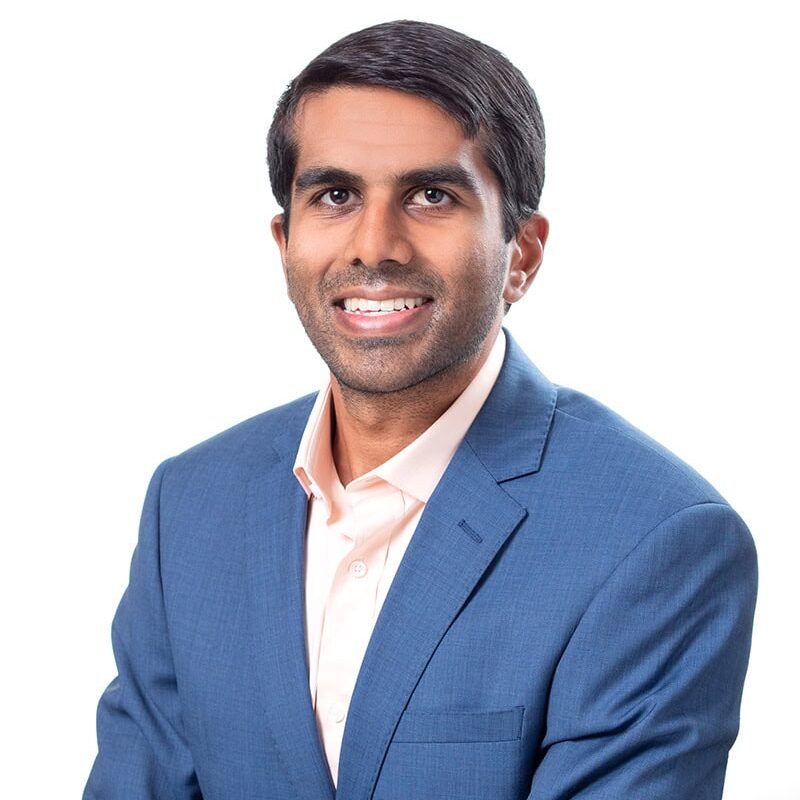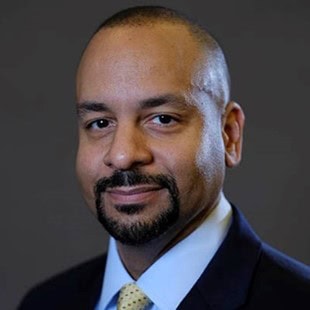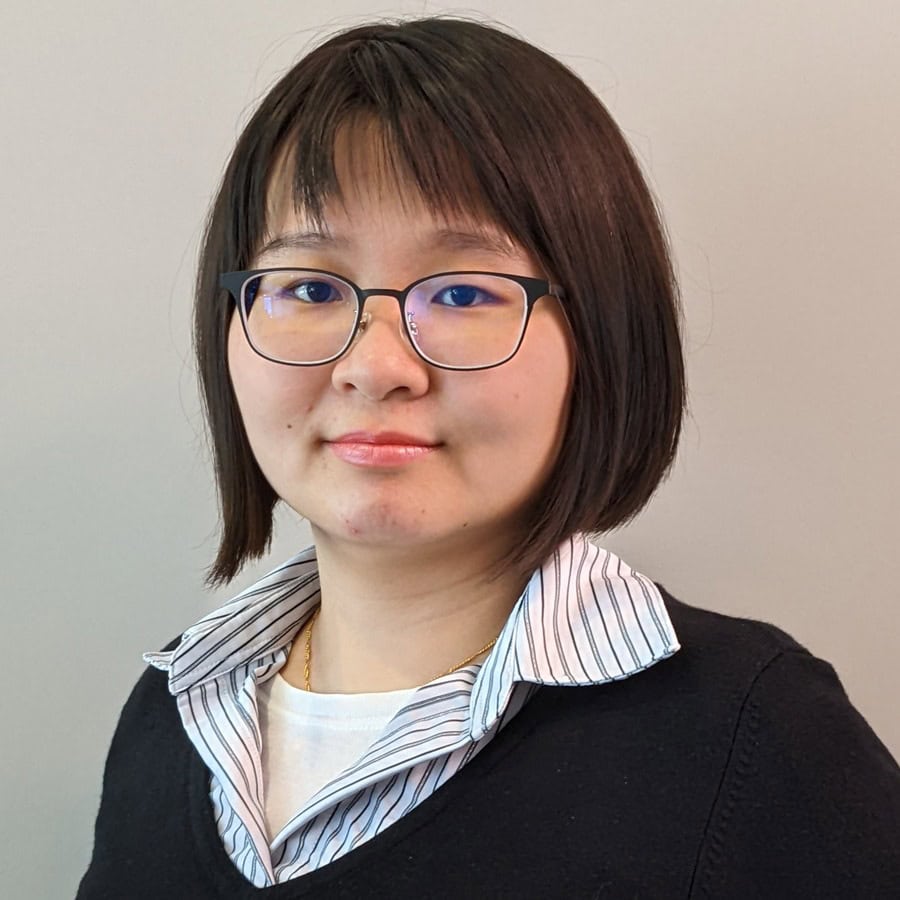Introduction
In this insightful interview, Emory University’s forward-thinking approach to integrating generative AI into healthcare takes center stage. Dr. Vohra-Khullar, Dr. Dbouk, and Dr. Solis discuss the exciting potential of AI technologies, such as ambient listening, in reducing physician burnout, enhancing patient-physician interactions, and improving the accuracy of clinical documentation. From the motivation behind the research to promising survey results, this interview sheds light on the transformative possibilities AI offers in the medical field. Read on to explore how these cutting-edge technologies reshape healthcare at Emory and beyond.
Q: How prominent is the conversation around generative AI concerning medical care at your institution?
A: Emory has embraced AI technology in healthcare and is actively seeking ways to utilize this technology to enhance healthcare services. There is a center for AI that spans all disciplines, provides regular updates about institutional guidance and policies, and fosters collaborations with companies like the one in our research project.
Q: What inspired your research on generative AI and ambient listening technology?
A: Our research on generative AI and ambient listening technology was inspired by several key desires:
- Reduce Physician Burnout: Note completion can significantly burden physicians. By leveraging AI to handle routine documentation, we saw an opportunity to measure the impact on physician burnout.
- Enhance Patient-Physician Interactions: The quality of interaction between patients and physicians is crucial. Freedom from typing during a visit allows for better listening and eye contact with patients. We proposed that ambient listening technology could allow physicians to focus more on their patients, enhancing the overall quality of care.
- Improve Documentation Accuracy and Efficiency: Accurate and thorough documentation is essential in primary care. Ambient listening technology can help capture conversations and clinical notes more accurately in real time, reducing the risk of errors and ensuring that patient records are complete and up to date.
Q: Why is clinician burnout so important to address?
A: Clinician burnout leads to increased medical errors, high rates of turnover, reduced patient satisfaction due to depersonalization, and exacerbation of mental health conditions affecting healthcare providers. The growing physician shortage underscores the need to address burnout. By integrating AI-based tools into healthcare, we can reduce documentation burden, alleviate cognitive load, and improve work-life balance. This can lead to improved job satisfaction as well as patient outcomes.
Q: What were the results of your survey?
A: Our survey data showed a significant increase in our participants’ perception of clinical documentation usability and perception of positive patient experience with the use of ambient listening technology. We also saw a decrease in the perception of their documentation process negatively impacting well-being with this tool. Overall, our results suggest this technology can reduce documentation burden and improve provider well-being.
Q: Do you plan to continue your research? If so, what are the next steps?
A: Yes. We are piloting use of ambient listening for 3rd year Internal Medicine residents. We are also collecting patient satisfaction data about visits completed with ambient listening. We hypothesize that ambient listening allows for improved physician patient eye contact and rapport, and more patient-friendly notes.
Frontliner
Job Position & Institution
1 Assistant Professor, Division of General Internal Medicine, Emory School of Medicine, 2 Assistant Professor, Division of General Internal Medicine, Emory School of Medicine, 3 Assistant Professor, Division of General Internal Medicine, Emory School of Medicine





